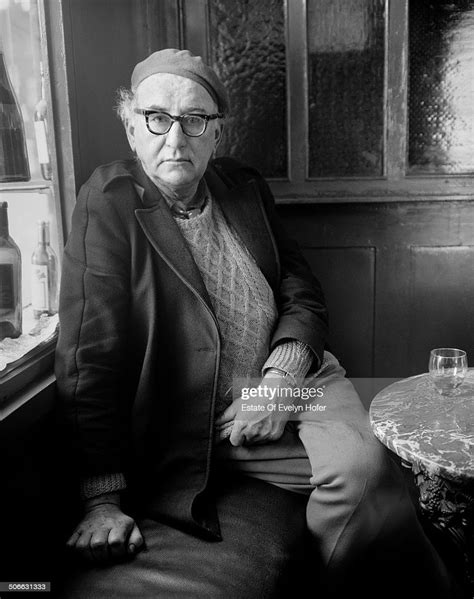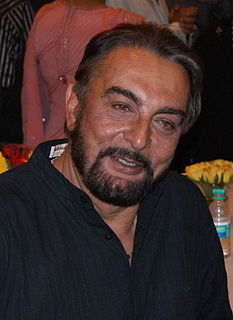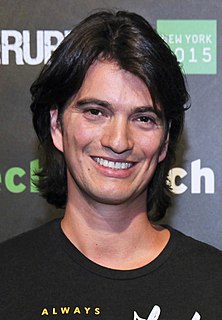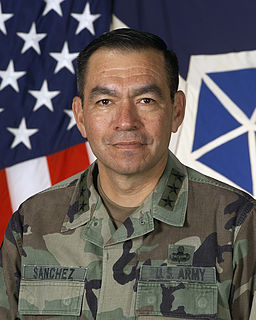A Quote by Mitski
I lived abroad most of my life in insular international communities.
Quote Topics
Related Quotes
We do not need to invent sustainable human communities. We can learn from societies that have lived sustainably for centuries. We can also model communities after nature's ecosystems, which are sustainable communities of plants, animals, and microorganisms. Since the outstanding characteristic of the biosphere is its inherent ability to sustain life, a sustainable human community must be designed in such a manner that its technologies and social institutions honor, support, and cooperate with nature's inherent ability to sustain life.
The most profound question is, "What would I risk dying for?" The natural answer is "for my family." But for most of history, we didn't live in families. We lived in small communities that gave us our sense of safety and place in the world, so the natural answer would be "for my people." The blessing and the tragedy of modern life is that we don't need our community to survive anymore. When we lose that idea, we lose a sense of who we are.
The Montreal Protocol is a model of cooperation. It is a product of the recognition and international consensus that ozone depletion is a global problem, both in terms of its causes and its effects. The protocol is the result of an extraordinary process of scientific study, negotiations among representatives of the business and environmental communities, and international diplomacy. It is a monumental achievement.



































